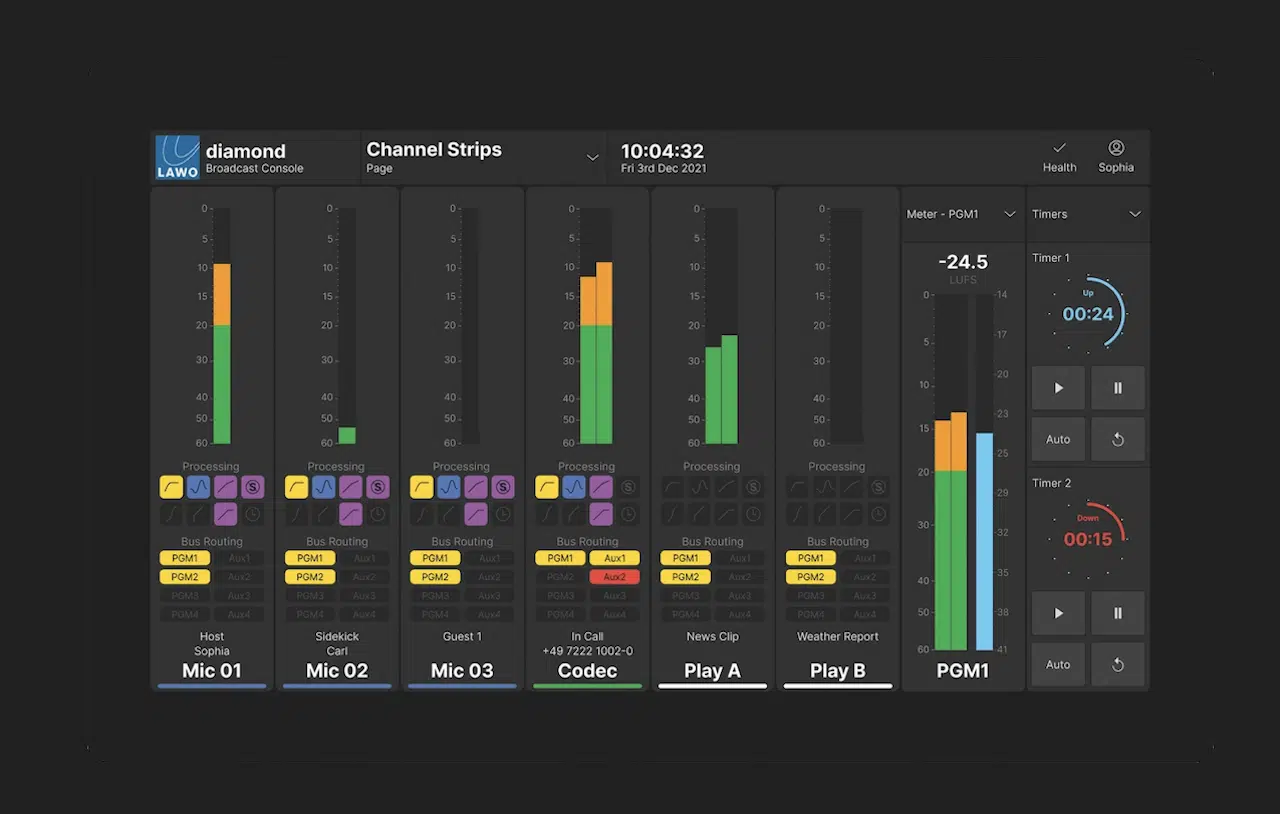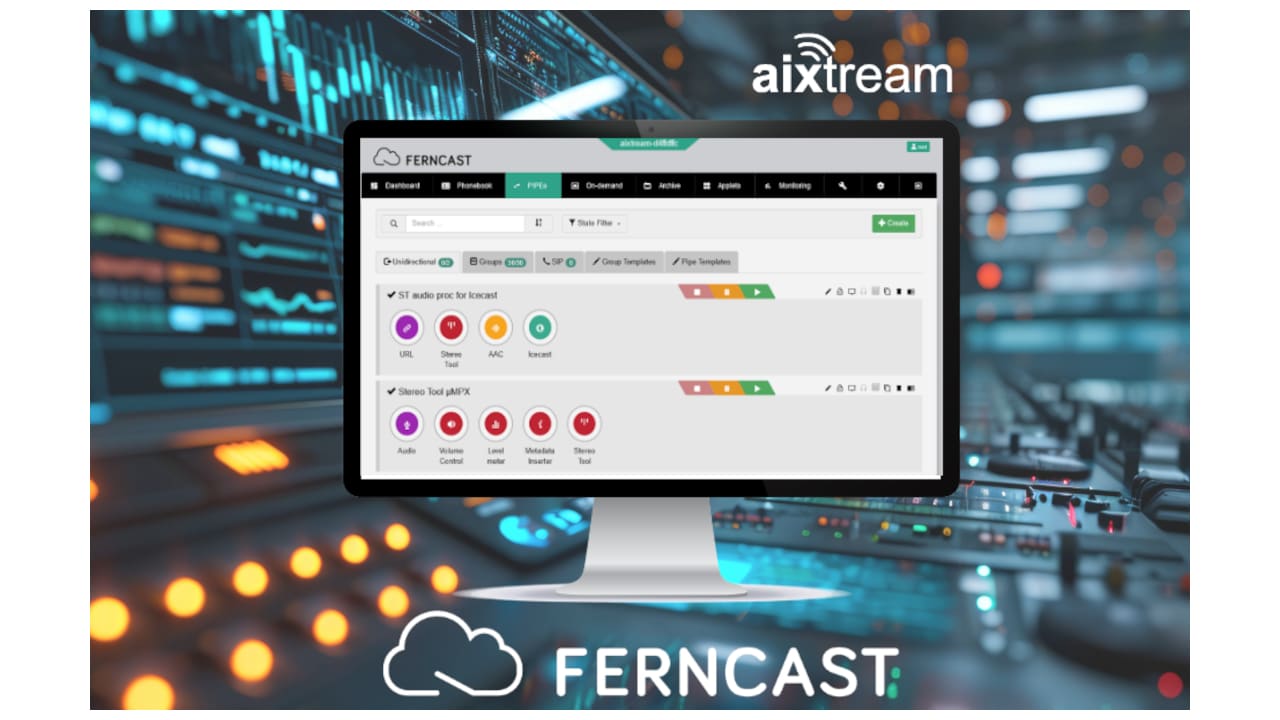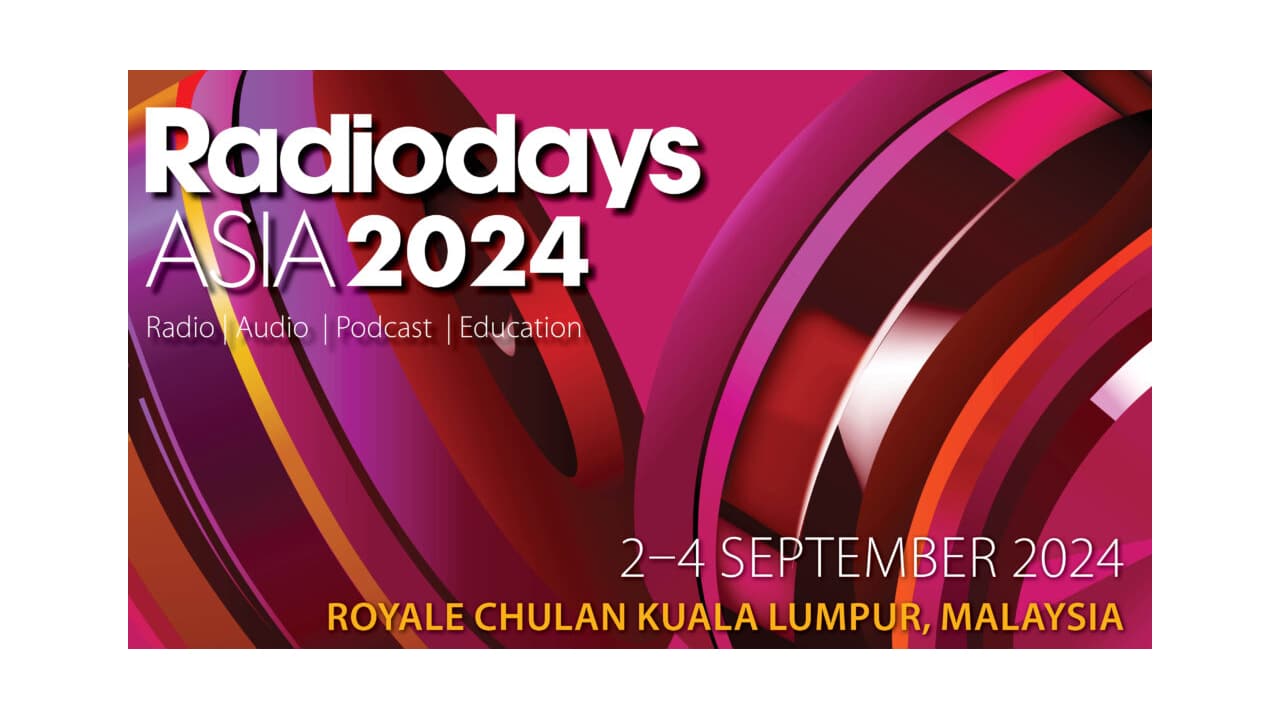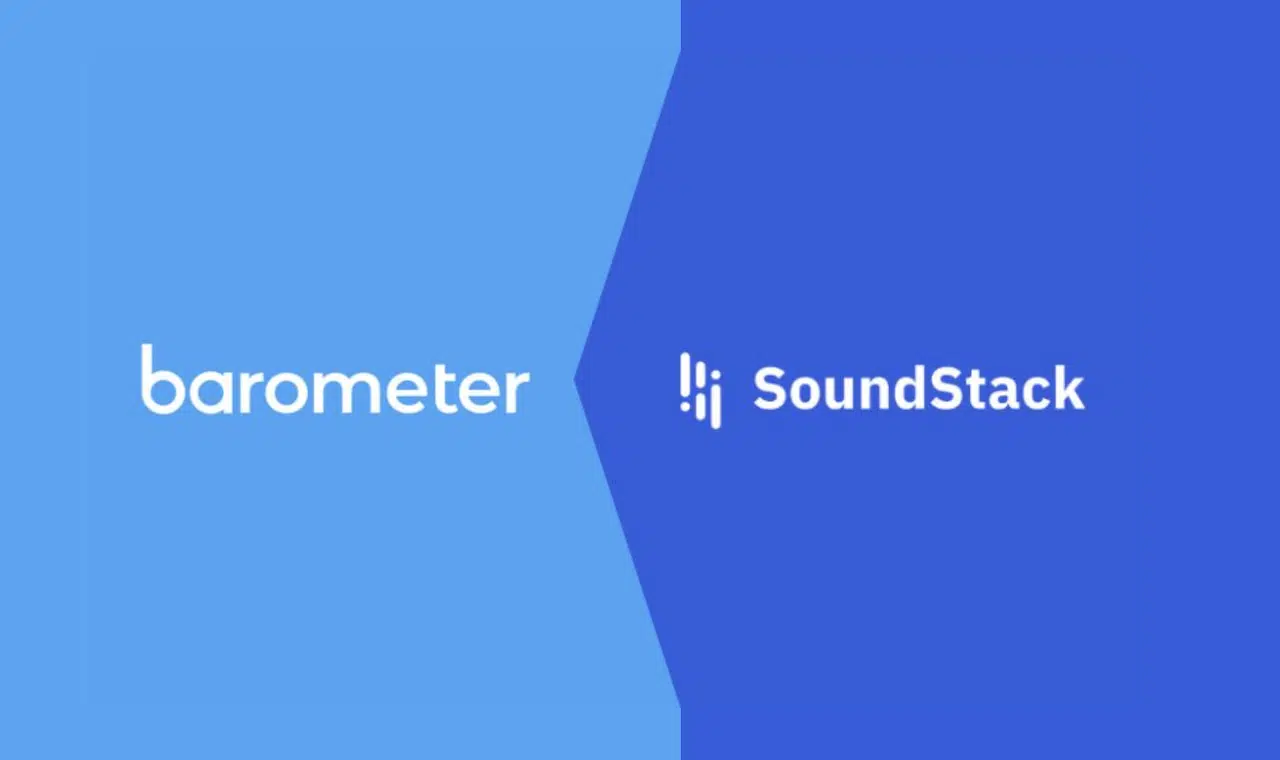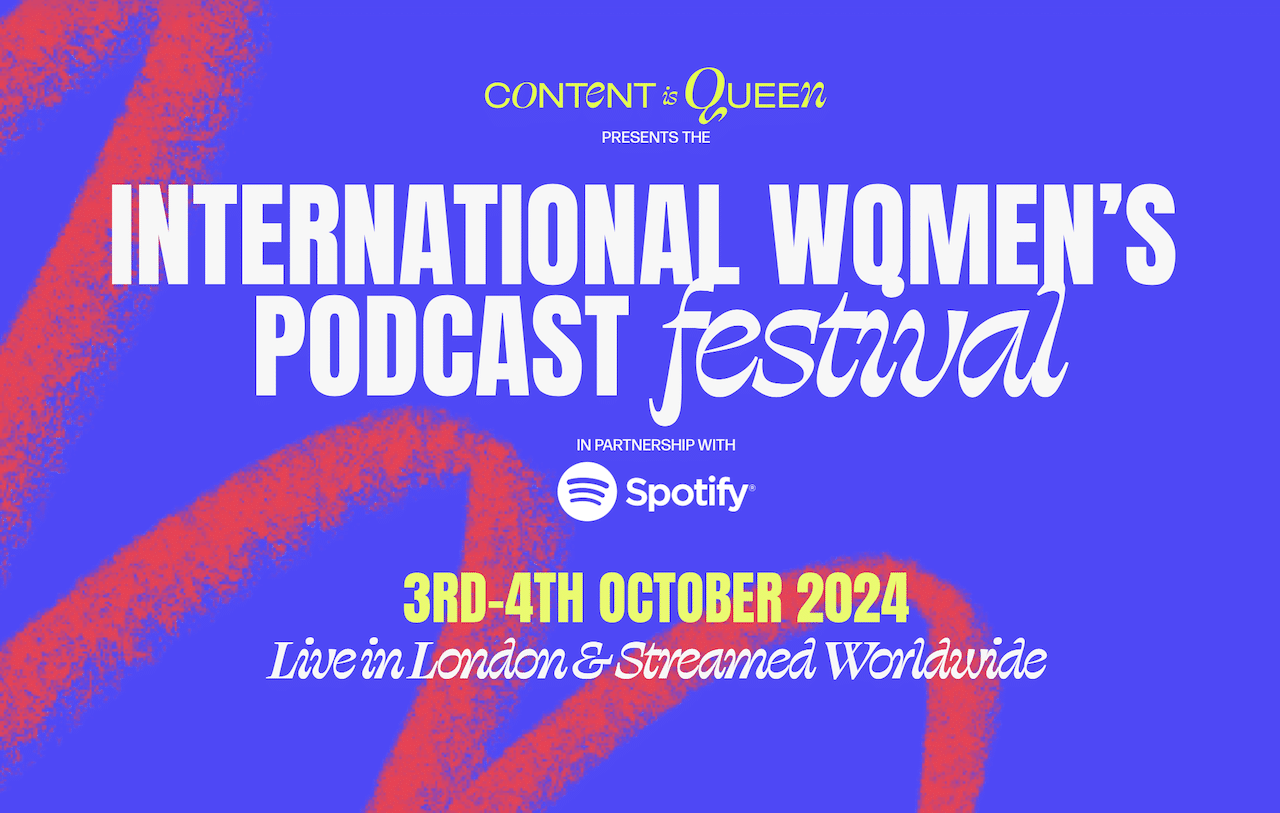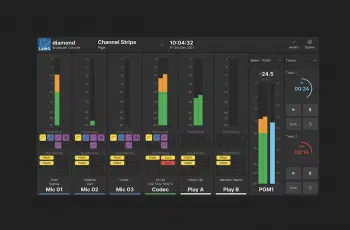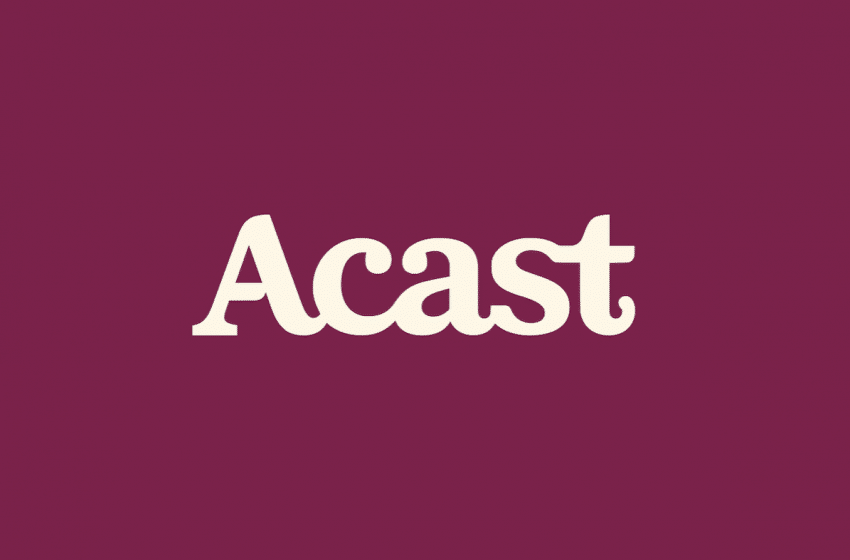
Acast has launched conversational targeting capabilities for advertisers. Available exclusively through the Acast Marketplace, conversational targeting allows brands to target podcast conversations at individual episode level, ensuring brand messages are more relevant.
Using advanced speech-to-text transcription technology combined with artificial intelligence and natural language processing, Acast continually transcribes and analyzes hundreds of thousands of individual podcast episodes across its network of shows. Acast then categorizes each episode according to the industry standard IAB content categorization taxonomy (v2). According to Acast, this automatically serves ad campaigns against episodes of the highest relevance for their brand message.
Until now, it was only possible to target by category at show level, and each episode was effectively categorized and labeled in the same way. Acast says that advertisers can now dramatically expand their reach and appear on podcasts covering categories as diverse as sports, beauty or politics — all because the subject matter of that particular episode is directly relevant to their campaign.
Did someone say “Pizza”?
For example, a food delivery service can target individual podcast episodes where the hosts discuss what they’re having for dinner or their love of cooking — even if that happens to be a podcast from a different genre. Where previously a podcast and its ad inventory were tagged only in relation to its genre, knowing the episode-level context of the conversation highlights new, untapped opportunities for relevant brands.
On the obvious matter of privacy, Acast insists conversational targeting doesn’t target individual listeners or employ user-based IDs or personal information. Chris Wistow, Acast’s VP of advertising product, said, “We’re conscious of the acceleration towards greater user privacy — the need to move beyond individual user-level targeting, and for digital advertising solutions to evolve and innovate for intelligent, privacy-safe, contextual targeting. Conversational targeting helps our advertiser partners and us to get ahead of the game and continue to lead the way in podcast advertising globally. And, in turn, that will allow us to spread even more advertising dollars to even more podcasters.”



